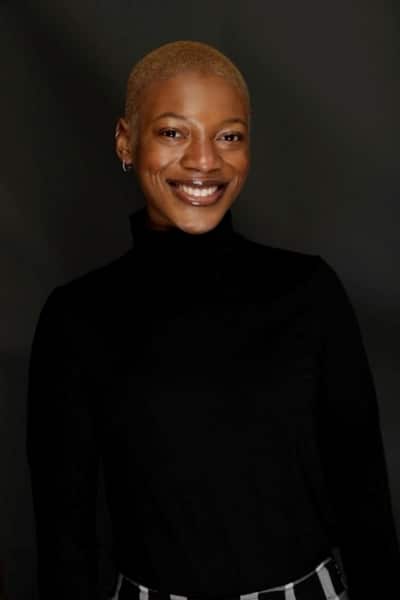Mellon Scholars Program 2021 Interns: Brianna Lockwood
Hi, my name is Brianna Lackwood and I reside in New Jersey but was born and raised in Brooklyn, New York. I am a recent graduate from Brandeis University where I received a B.A. with summa cum laude in Linguistics and African and African American Studies with highest honors. During my senior year at Brandeis, I wrote a thesis entitled “Imagining Black Food Justice through a Literary Black Femme Hermenuetic” that explored Black women’s role in Black food justice through the lens of Ann Petry’s 1946 novel The Street. My current research interests include the alignment of Black foodways and Geographies, Food Studies, and Black Feminist Theory. Additionally, I plan on pursuing a PhD in African and African American Studies so that I may continue to explore my interests in Black Food Geographies and Black Food Studies with a particular interest in the ways Black women appear in either conversation. While I am taking a gap year to research the right PhD programs for me, I will be continuing to work on the materials necessary for applications and applying for fellowships that will grant me enriching experiences in my fields of interest.
I was made aware of The Library Company of Philadelphia by an undergraduate professor who had been a fellow at the library. After I did my own research I found that applying to The Library Company would expose me to enriching resources and people. I am so grateful to have been selected as a Mellon Scholar Intern for the Program in African American History this summer. I was able to get access to pertinent research resources all the while engaging with professionals who in turn helped me with my own professional development. It was also a pleasure engaging with my cohort whose interests ranged from the Black visual experience, Black women’s resistance, and Queer folk and root work. My own interests lead me to exploring the archives for evidence of Black women, food, and agriculture in the 19th century. I found both digital and textual scholarship that would have proven slightly more difficult to find without the Library Company’s level of access. This type of research is important because we often neglect to acknowledge or are unaware of the role Black women have in defining American foodways. This is a conversation that would inevitably involve historical and contemporary concepts of race and gender.
I am grateful to have been given this opportunity to sift through the Library Company’s digital archives that exposed me to travel logs, advertisements, pictures, sketches, texts, and more related to my research interests. Producing a paper and presentation at the culmination of this research also allowed me to reflect on the extensive research that I did and the research that still needed to be done.



